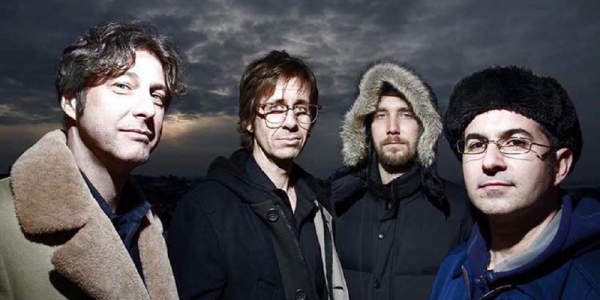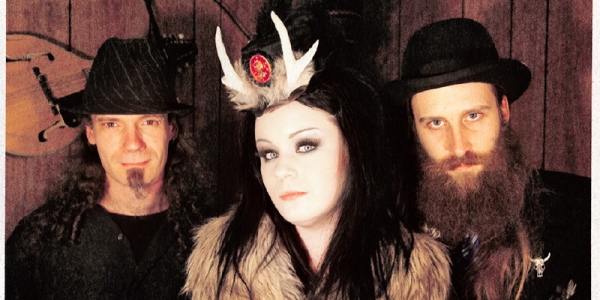“It wasn’t difficult at all,” he says from his Brooklyn home. “It was easy for us to find a common energy, because we all like each other. We started playing based on that. Everyone in the band is from New York,” he continues. “I’ve been here for awhile, almost 14 years now.”
Despite New York, and Brooklyn more specifically being the epicentre of all things cool, Obits have continued to exist on the fringes of the music industry. Support from the Sub Pop label might be one thing, but Froberg maintains a “Hands off” approach to the music industry as a whole. Froberg’s casual attitude that can be heard in his tempered manner of speaking.
“Well at this point, what are they going to do with us?” he says rather dryly. “We’re all 40 year old men, mostly. We just do things the way we’ve always done them. I don’t know any other way of going about things.”
It’s a telling statement from a man who operates wholeheartedly by his own rules. Moody, Standard And Poor, their 2011 full-length is an incredibly concise listen; the 12 tracks get to the point with a sense of immediacy and get out before anyone has a chance to call the cops.
Moody, Standard And Poor might not have re-invented the proverbial wheel of rock and roll, but it’s a failsafe that stands up against any meandering and indecisive records from Brooklyn or otherwise.
And Froberg insists he’s never been tempted to draw out the sound of Obits.
“Personally I like the punchy, direct manner of writing songs instead of layered stuff.”
“I love music like that,” he continues. “There’s a voice within these songs that’s really easy to understand and identify with. It’s more interesting and it has a more human quality to me.”
When it comes to the most human aspect of rock and roll, that being the live show, Froberg’s straightforward demeanour is even more evident. Keeping things simple, Froberg believes, is the essence of avoiding distractions and confusion.
“We’re able to do what we do live very much in the same way we do when we record. We’re all in a room hammering things out without a lot of problems.”
One issue that Froberg hasn’t even let become a problem is that of bootlegging. Obits live shows have become renowned in their intense simplicity that many fans have taken to recording live sets. Some of their performances have even been recorded by WFMU and are available for download through the Free Music Archive.
And that’s all well and good for Froberg. Provided of course, it can be done easily enough.
“We allow people to record our gigs, be them live shows or radio shows. We’re fine with that. We might not go out of our way to make sure that it gets done, but we’re certainly up for it.”
The amount of touring the band does has allowed them to maintain a naturally rotating setlist, which attempts to satisfy fans of each of their releases. Froberg and Obits might not be all that concerned with how they’re perceived in the music industry, but they’re always keen on seeing what’s around the corner for the band.
“I think we just try to keep things fresh naturally,” he says. “It’s maybe not so much of a conscious effort. We’re always trying new things out, and if something works, we’ll stick with it. We’ll talk to each other after the shows, try to compare notes or whatever. But we’re always still thinking about what to do next.”
In the meantime, Rick Froberg will continue to do things the only way he knows how. He’s not going to mess with the formula much. It’ll be the second trip to Australia as a member of a touring band, and Froberg appreciates exactly what live music should be. “The chance to get wasted and dance around and have a good time,” he says, with the most enthusiasm heard throughout our conversation.
“It’s one of the oldest things in the world, to play some live music for people and have a good time. That’s what it’s all about.”
BY JOSHUA KLOKE

